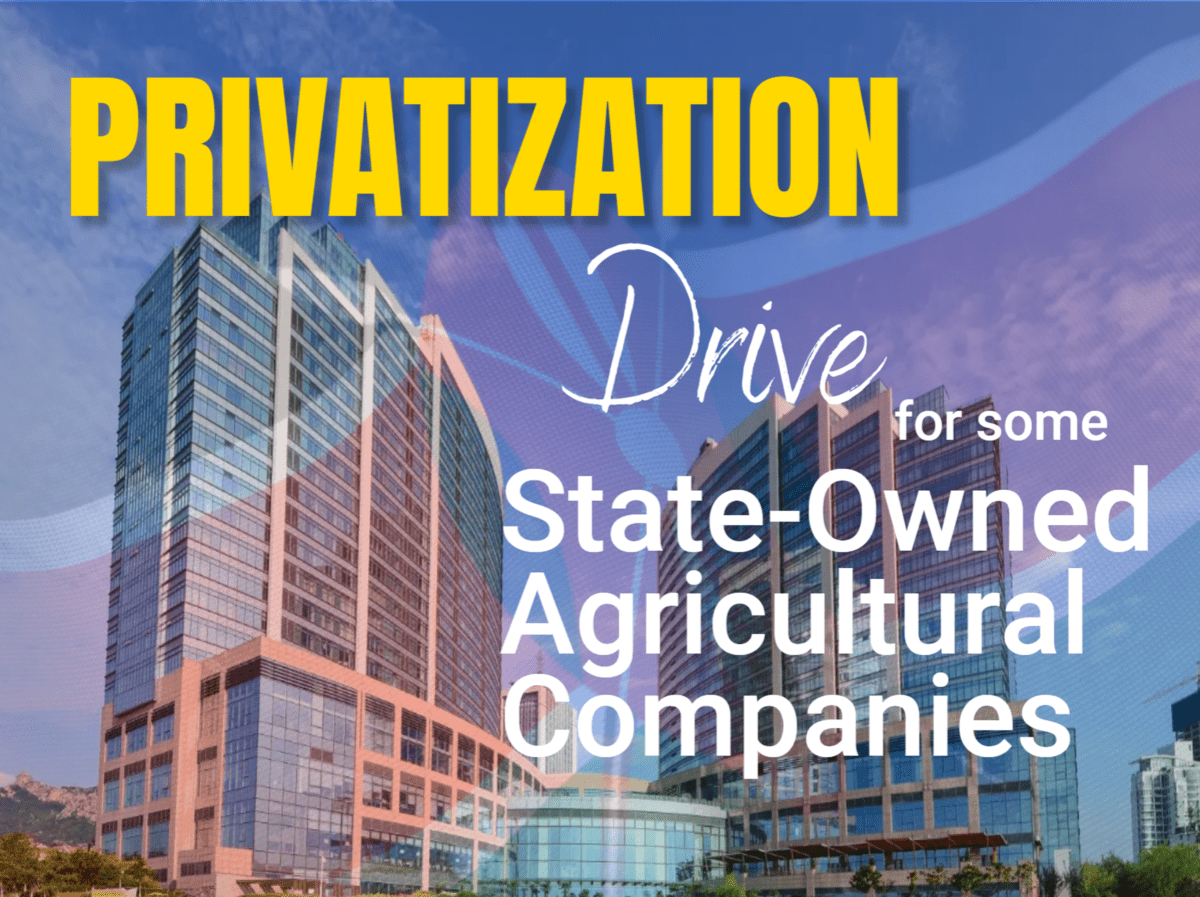Kenyan State-Owned Agricultural Firms Among the List of 35 companies Earmarked for Privatization

Kenya’s President William Ruto announced plans to privatize 35 state-owned companies, with an additional 100 under consideration, in what is termed a transformative step towards economic recovery. The decision comes at a crucial juncture for the East African nation, grappling with the aftermath of the COVID-19 pandemic, the aftershocks of the conflict in Ukraine, and a historic drought in the Horn of Africa.
President Ruto, speaking to investors on November 23, emphasized the government’s commitment to reducing bureaucracy and enhancing efficiency in the delivery of services. The move is seen as a response to the International Monetary Fund’s (IMF) recent call for reforms in state-owned enterprises, particularly highlighting the challenges faced by entities such as Kenya Power and Kenya Airways, both of which reported significant losses in 2022.
The Privatization Bill 2023, approved by the Kenyan Cabinet in March 2023, empowers the Ministry of Treasury to facilitate the sale of non-strategic parastatals without the need for parliamentary approval. This radical legislation aims to streamline the privatization process, allowing the private sector to play a more significant role in the nation’s economy.
“We have very lucrative (public) enterprises, but they are stifled by government bureaucracy, whereas the services they offer can be better provided by the private sector,” he asserted. The government’s proactive approach seeks to unleash the potential of these enterprises, positioning them for growth and increased competitiveness.
The revised law, signed into effect in October 2023, seeks to increase private sector participation, reduce the burden on government coffers, and foster economic resilience. Notably, the Privatization Commission will transform into the Privatization Authority, housed within the Treasury, overseeing the implementation of the sales.
READ: New Study Suggests that Nutrient Found in Beef and Dairy Improves Immune Response to Cancer
Among the agricultural state-owned entities earmarked for privatization are Chemelil Sugar, South Nyanza Sugar, Nzoia Sugar, Miwani Sugar, Agro-Chemical and Food Company, Kenya Wine Agencies, and Kenya Meat Commission. Other companies include Kabarnet Hotel, Mt. Elgon Lodge, Golf Hotel, Sunset Hotel Kisumu, Kenya Safari Lodges and Hotels, Consolidated Bank, Development Bank of Kenya, and public universities, among others.
This move comes as part of the government’s broader strategy to address the country’s economic challenges. Kenya’s public debt reached over 10.1 trillion shillings at the end of June 2023, equivalent to around two-thirds of its gross domestic product. In response, the government has introduced a budget that includes new taxes, albeit facing resistance and protests from the public.
President William Ruto’s government has secured financial support from various international institutions, including the IMF and the World Bank, further raising the country’s debt ceiling. On November 16th, the IMF announced that it had finalized an agreement for a loan of $938 million for Kenya, as the nation faces the upcoming repayment of a $2 billion Eurobond in 2024. At the same time, on November 20th, the World Bank disclosed its intentions to extend a financial support package of $12 billion to Kenya over the course of the next three years.
Despite public skepticism about his economic recovery plans, judging from his remarks, President Ruto remains bullish about the privatization initiative, which is expected to generate much-needed revenues, reduce conflicts between regulatory and commercial functions, and spur growth in the capital markets.



